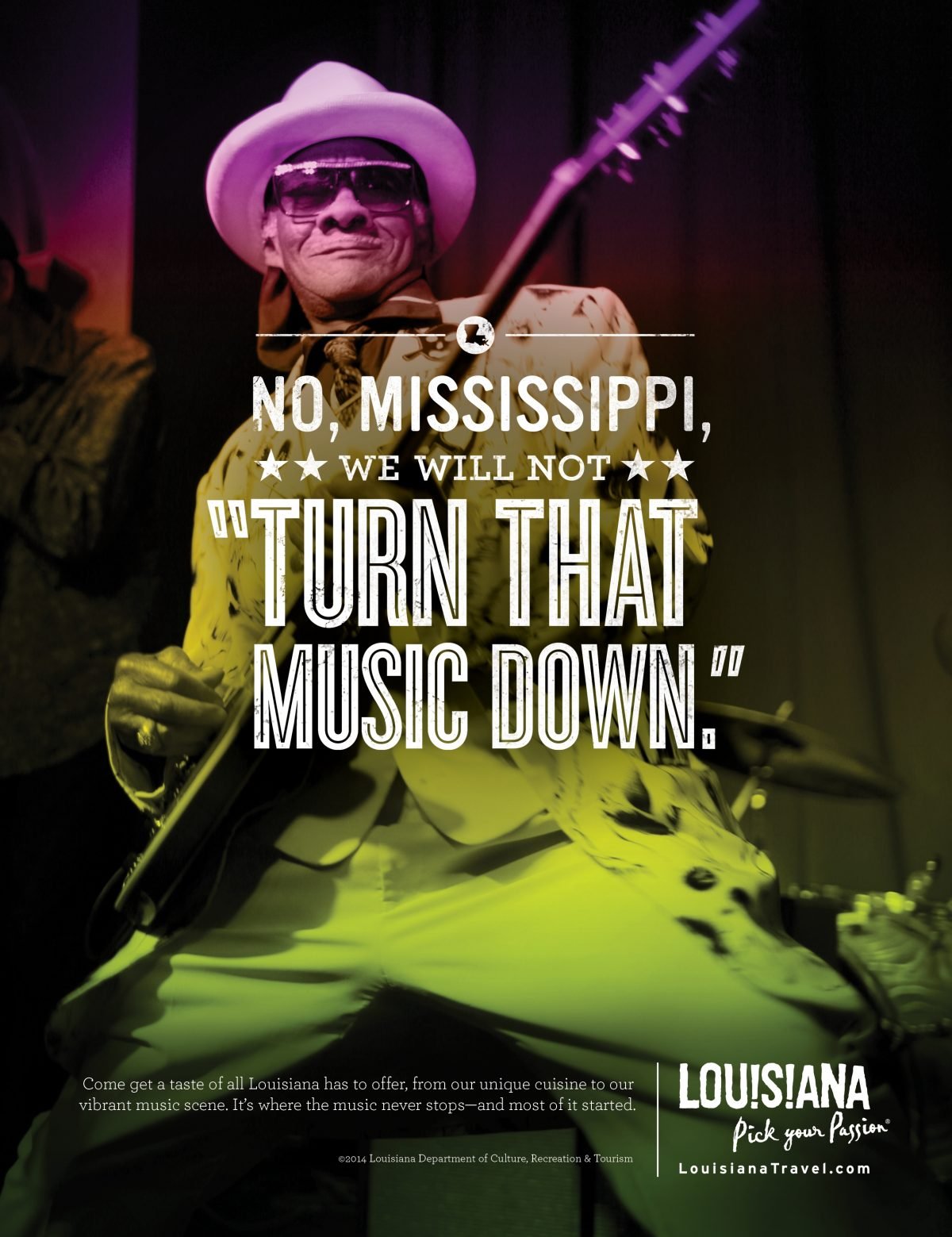THE PARADOX OF TARGETED STORYTELLING
Why is the creative product getting less and less interesting?
Looking at the successful work of the past 50 years (browse any and all of Gregg Benedikt’s LinkedIn posts for examples) it’s clear what they have in common.
Specificity.
Back before we had all these Fancy Business Words® to define this phenomenon (hyper-targeted messaging, micromarketing, prospect retargeting, etc), it was simply “being interesting”.
Specifics provide interest. They paint a picture, if you will.
Or, to put it into Fancy Business Words®, it’s “storytelling” (see also: every-agency-boilerplate-from-the-last-15-years).
And in those great examples, most of those brilliant stories are told via “mass”. Mass means things that a ton of different people saw, like billboards, network TV spots, magazines, newspapers.
Mass meant you couldn’t control specifically who saw your ad.
With mass, you were talking in front of everyone.
BUT you weren’t talking to everyone.
To the contrary, you were using specifics to talk to a single audience.
Now, what happens when we talk directly to someone in front of lots of people?
Well, what happens when you are mentioned publicly? Do you feel seen? Valued? Does being recognized give you a positive experience?
This is just one feature of a piece of human psychology called group dynamics. How we fit into the group impacts our behavior. It’s about how we position ourselves… How we show what group we belong to.
Pretty awesome example of behavior modification, huh?
And basically the core tenet of branding.
Agency: Trumpet, based in New Orleans
Now for the paradox.
Today we’re targeting more and more specific audiences. In fact, the way it’s so often sold to clients is: “the right message, to the right audience, at the right time.” (This usually happens a minute or two after they were sold on “storytelling”)
But those “right messages” are getting more and more generic.
In fact, despite us living in a time when brands could be running the most bold, attention-getting work with relatively low risk, as it’s simple to update creative, they are instead pulling back, unsure, uncertain, and unenjoyable.
Our stories got more general.
Which made them less interesting.
And our audiences got more specific.
Which made them feel less “seen”.
This unbalanced the marketing mix, and as the economy continues to cool, we’re sure to see more and more how that actually impacts sales.

